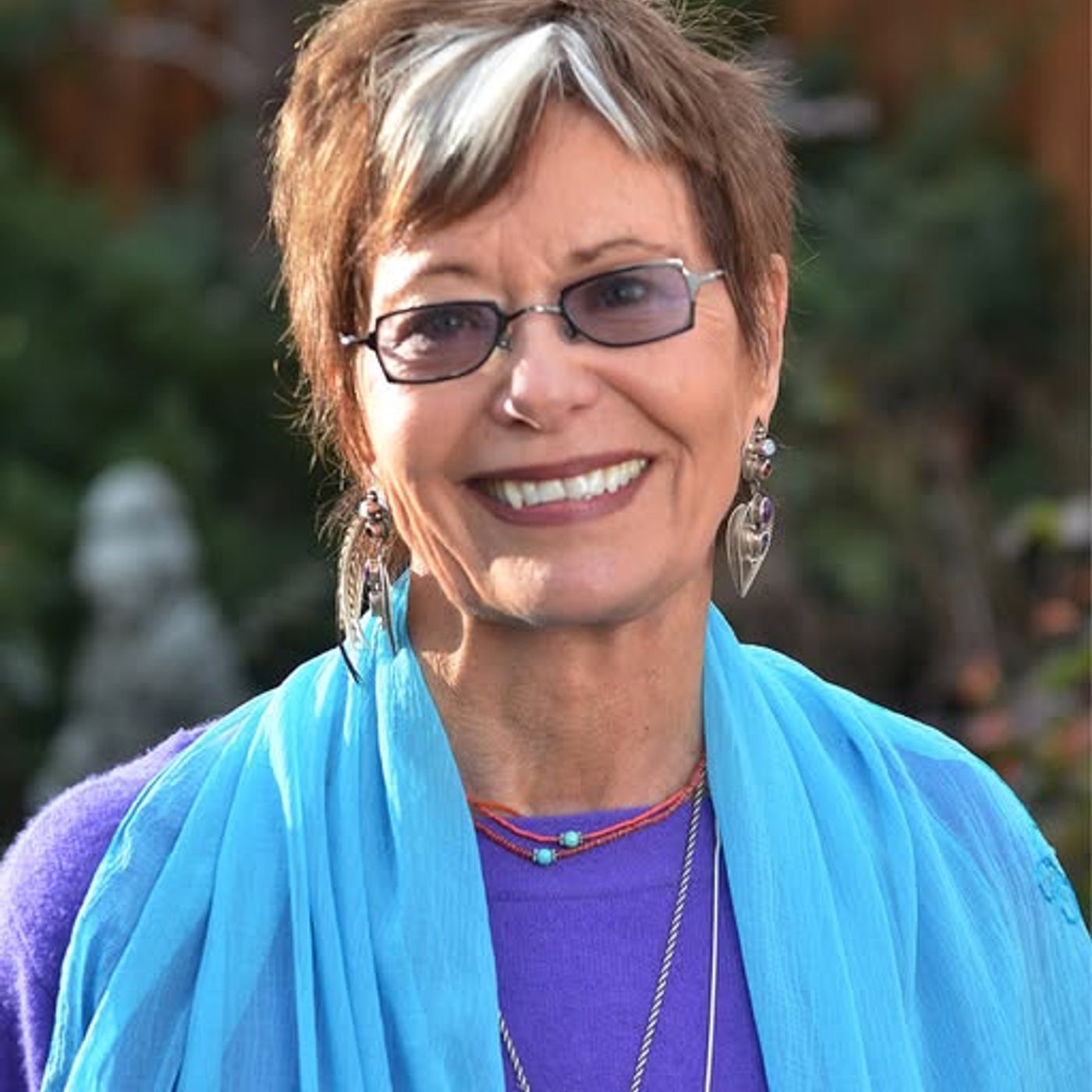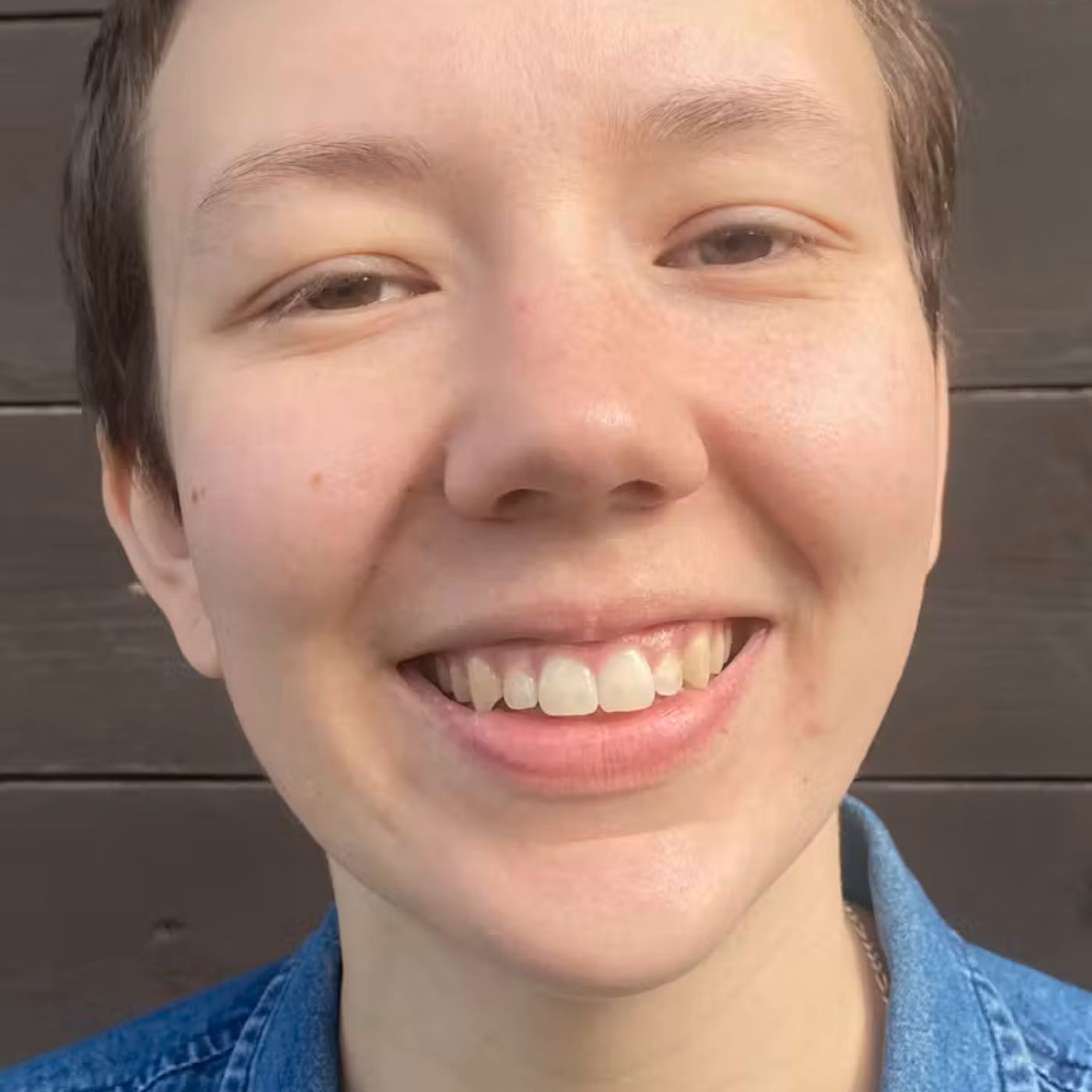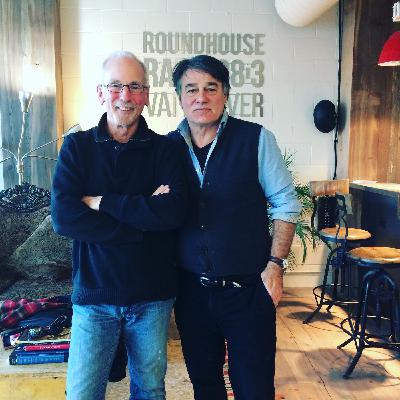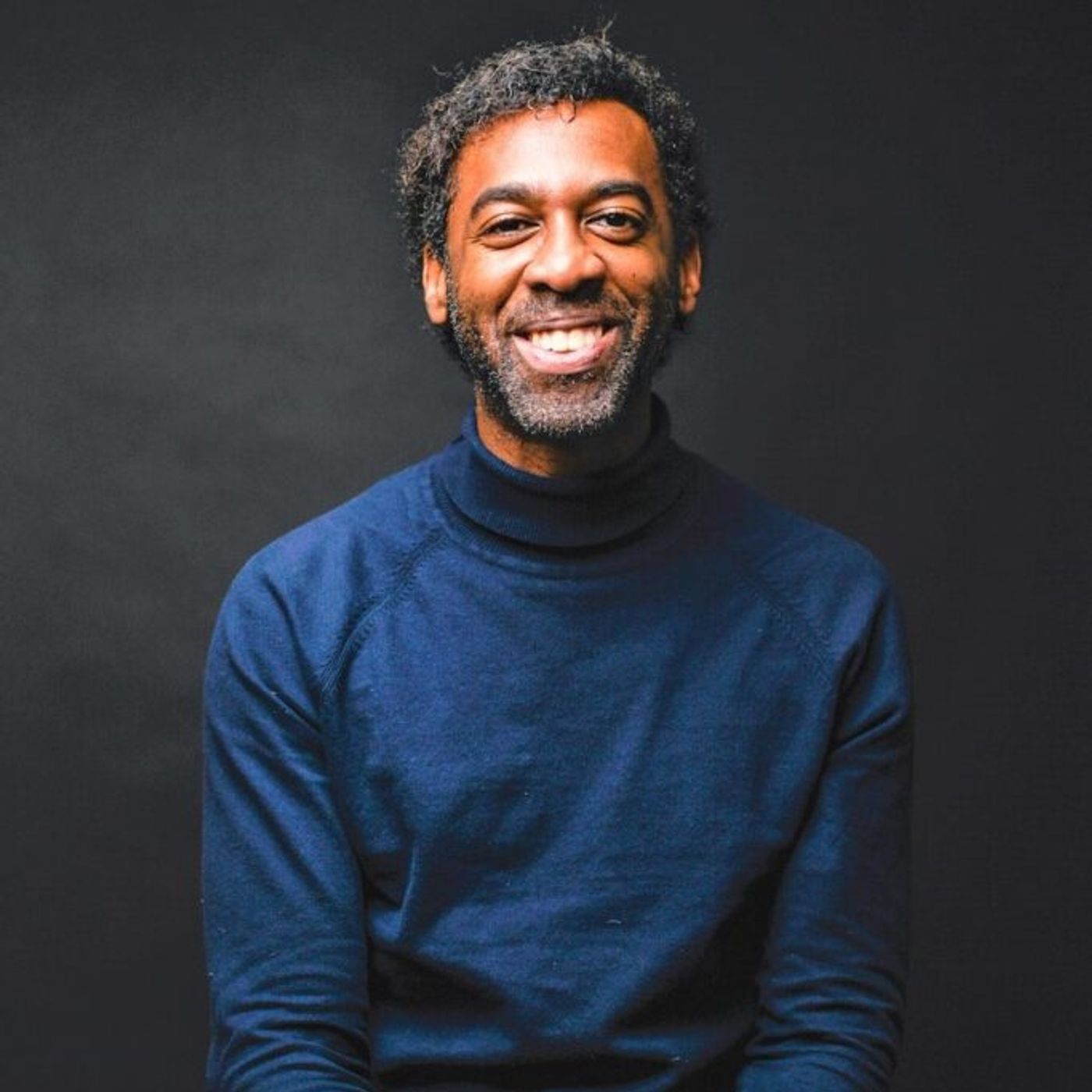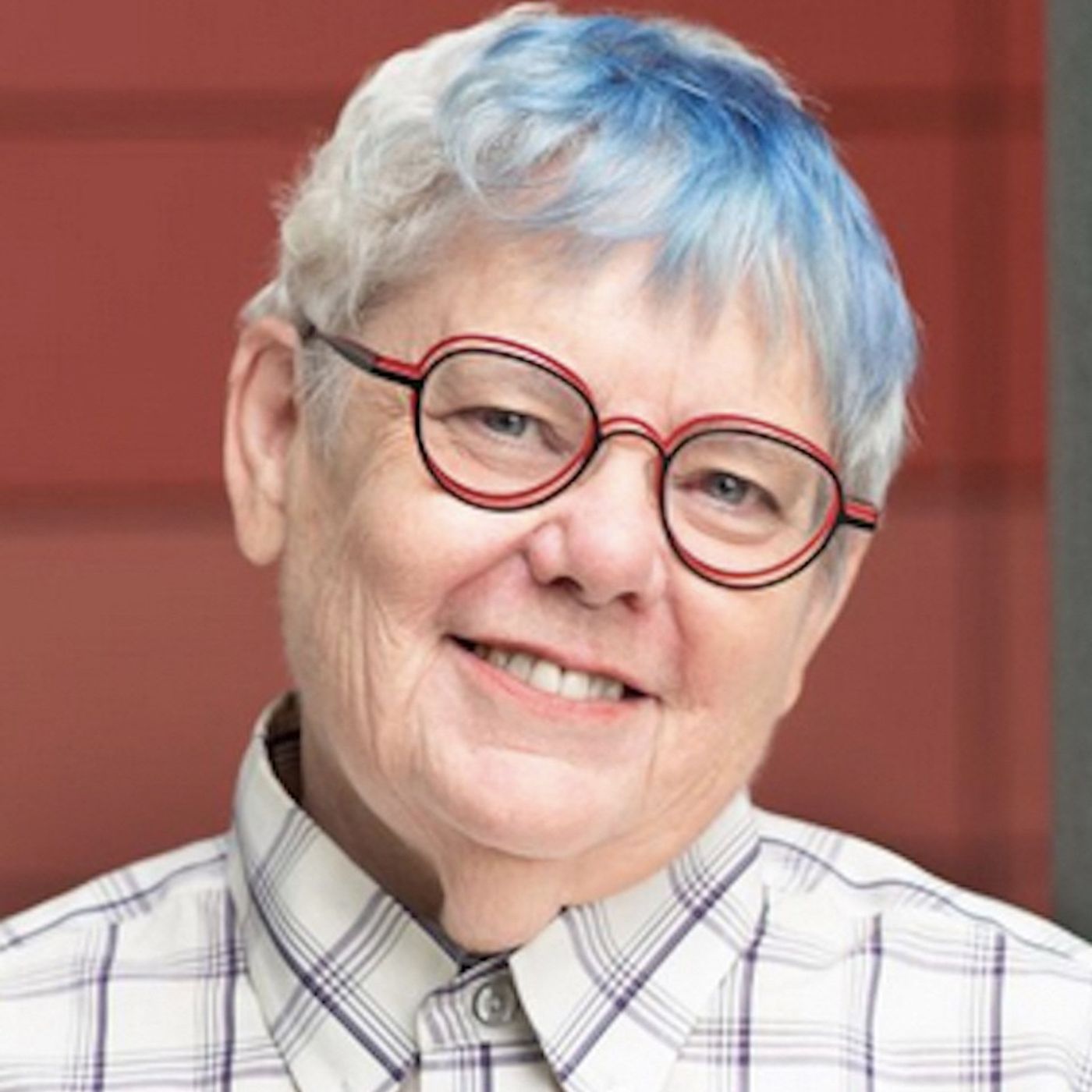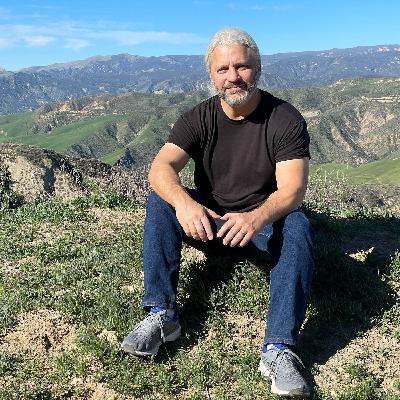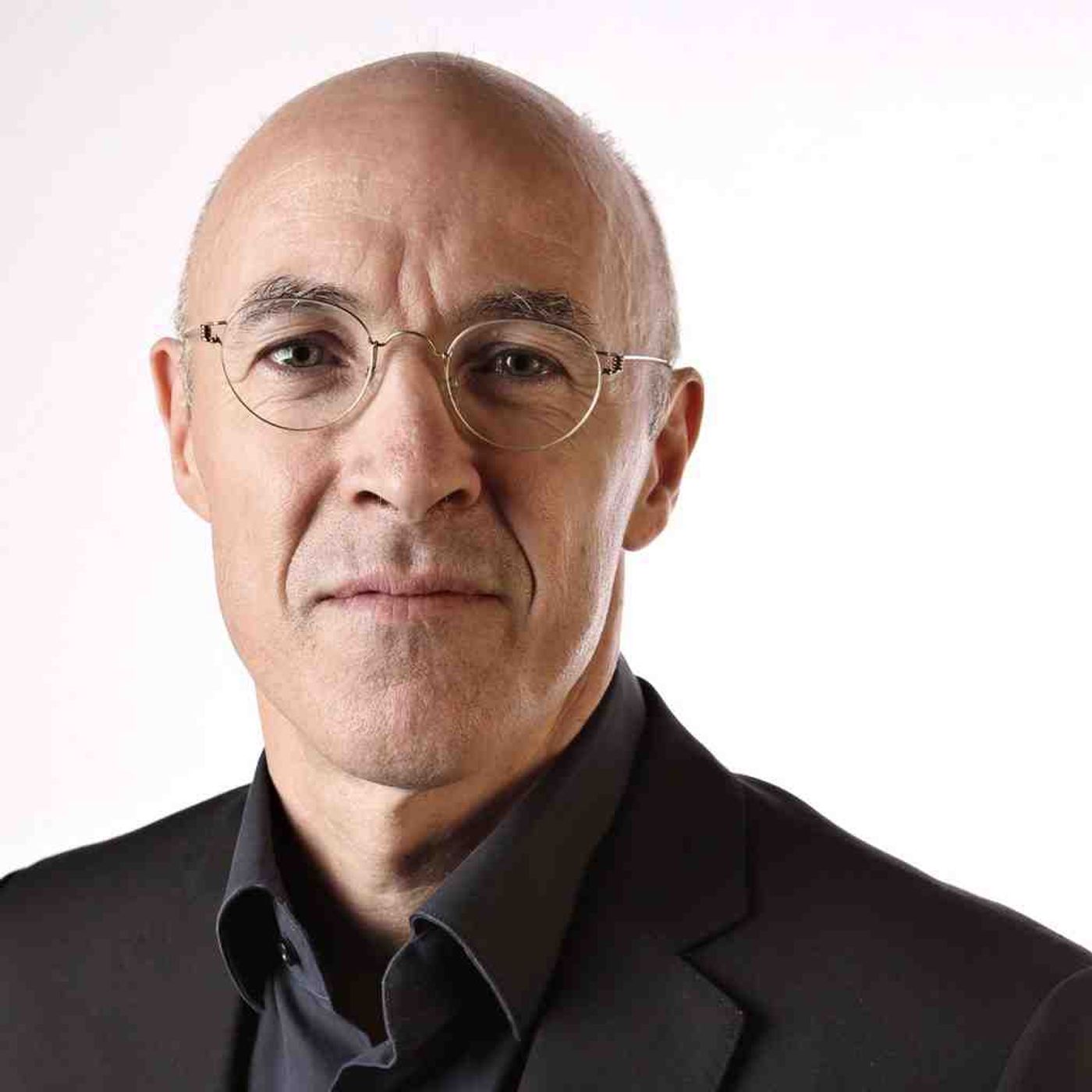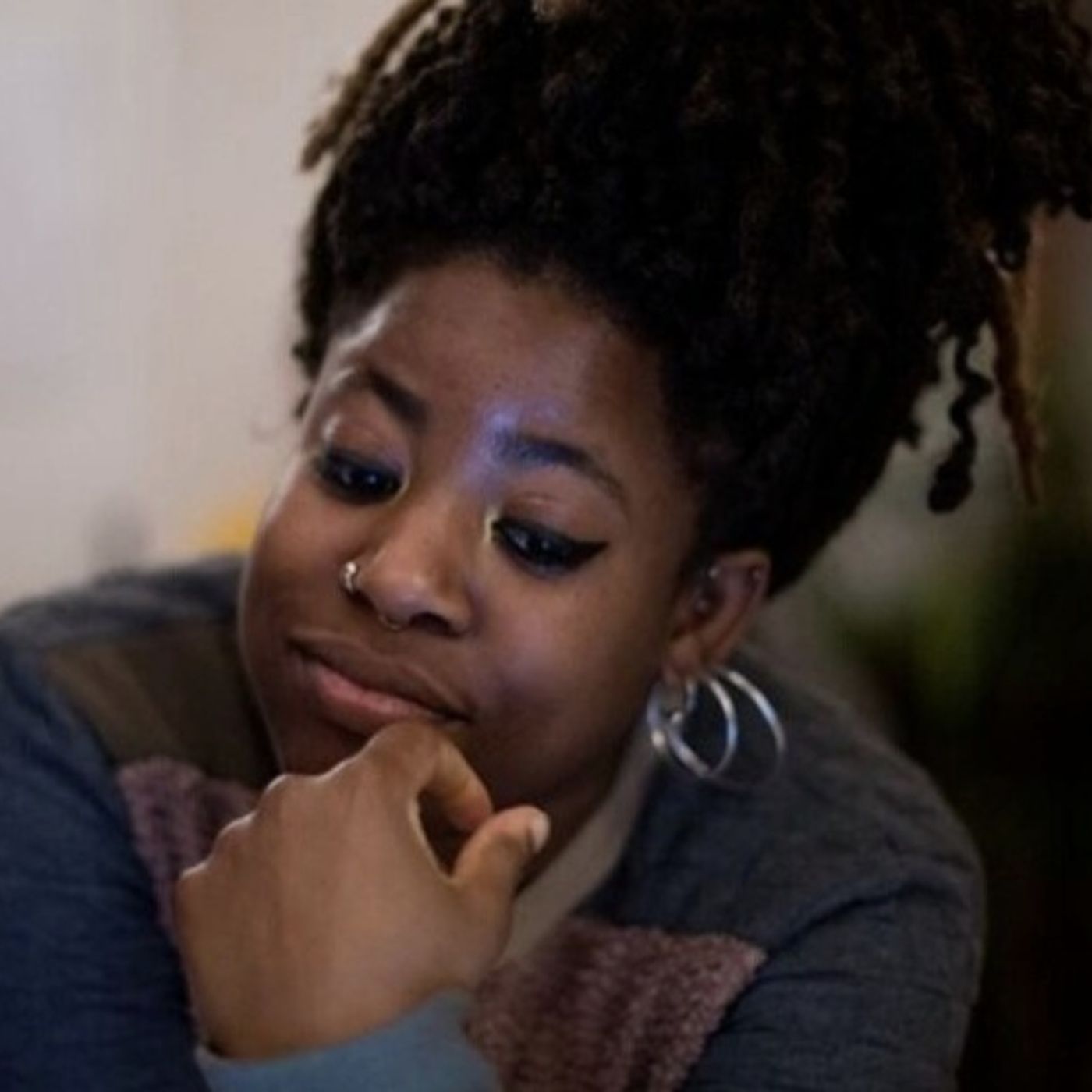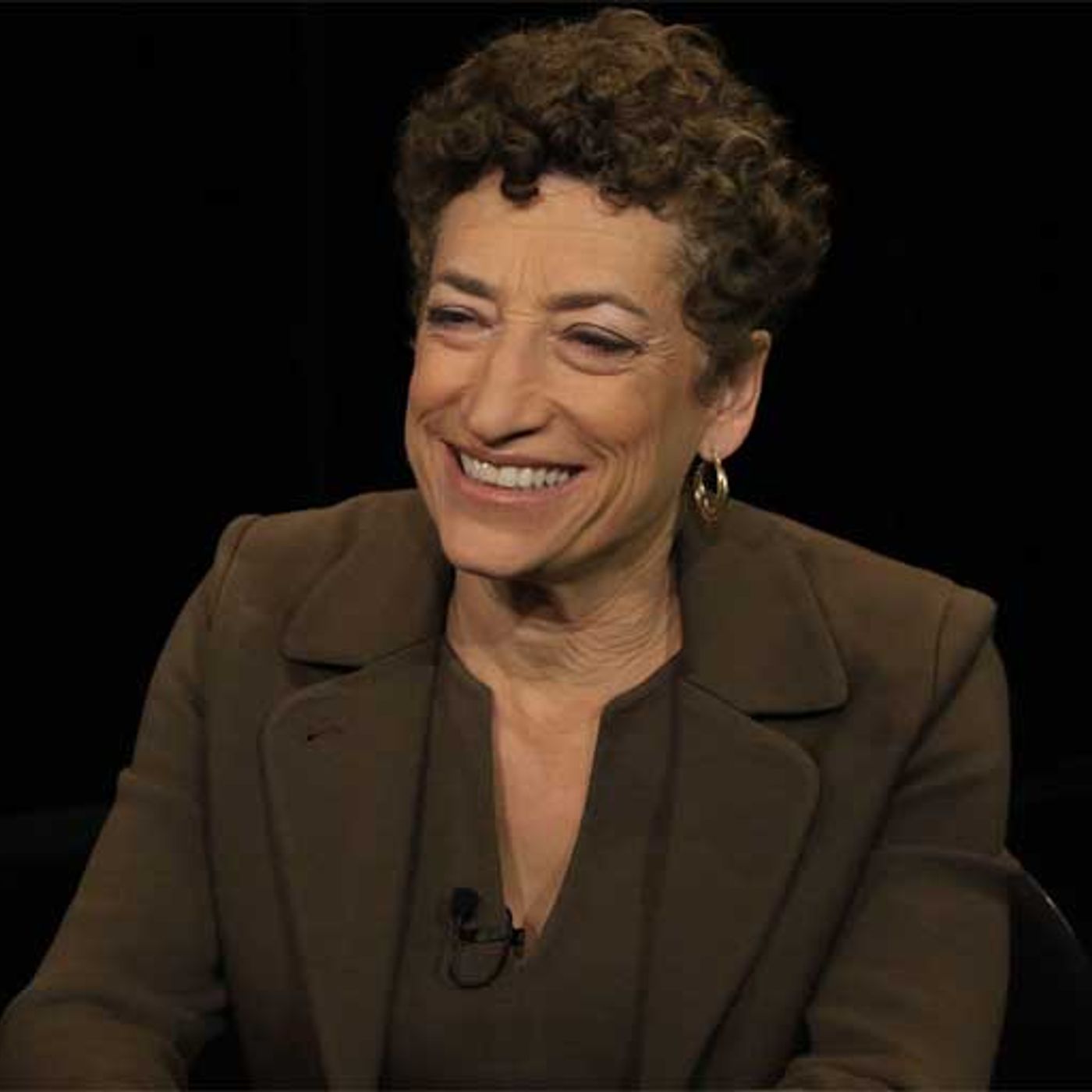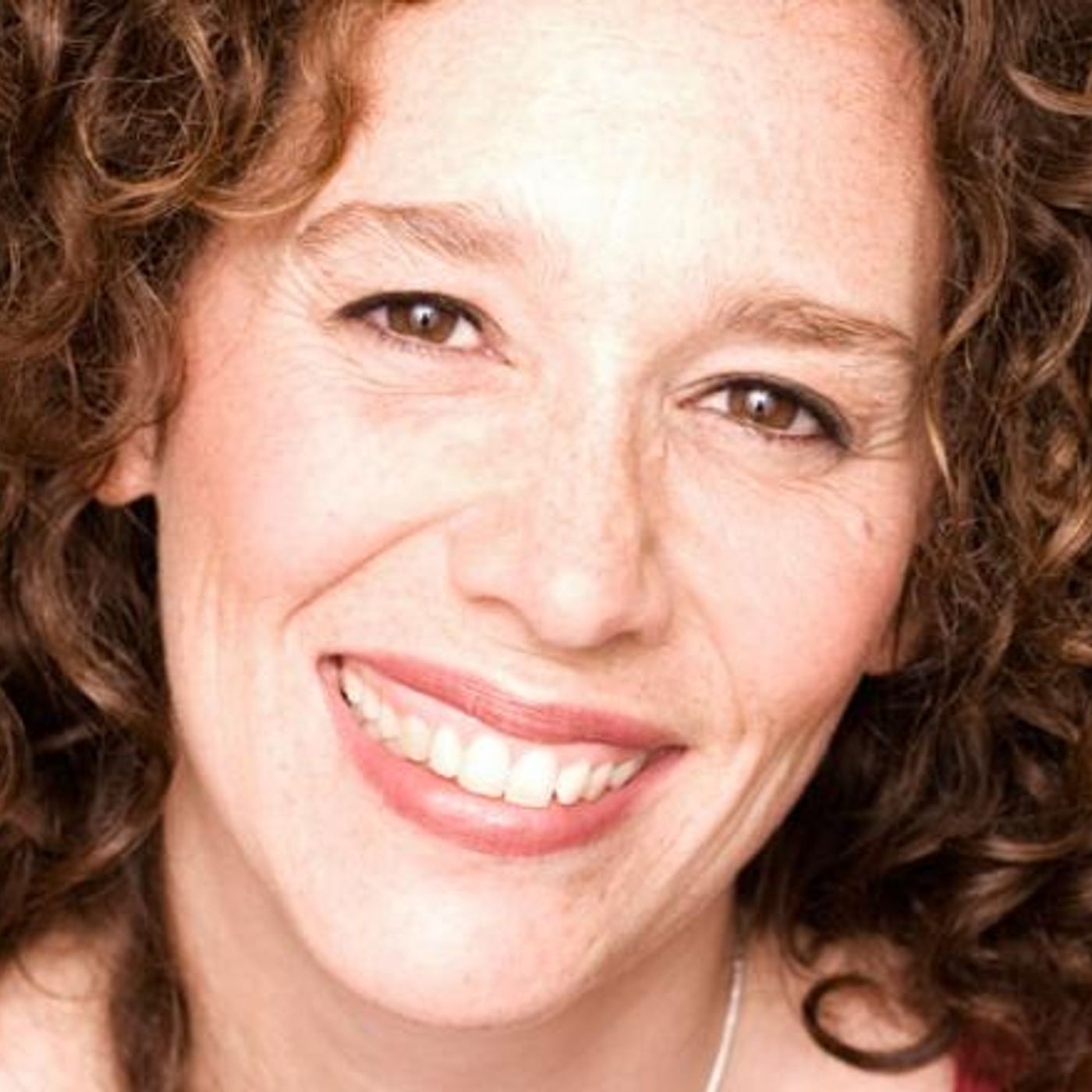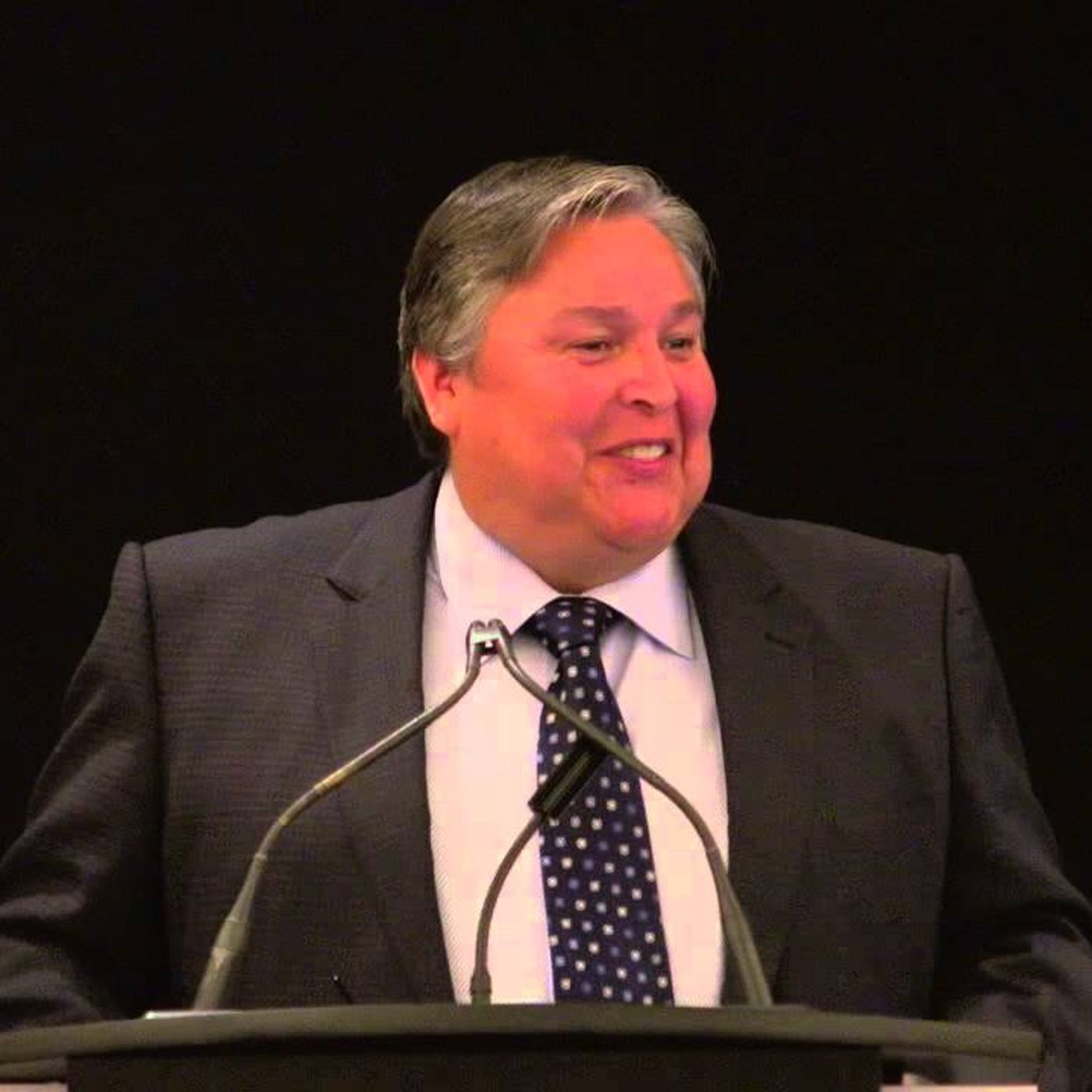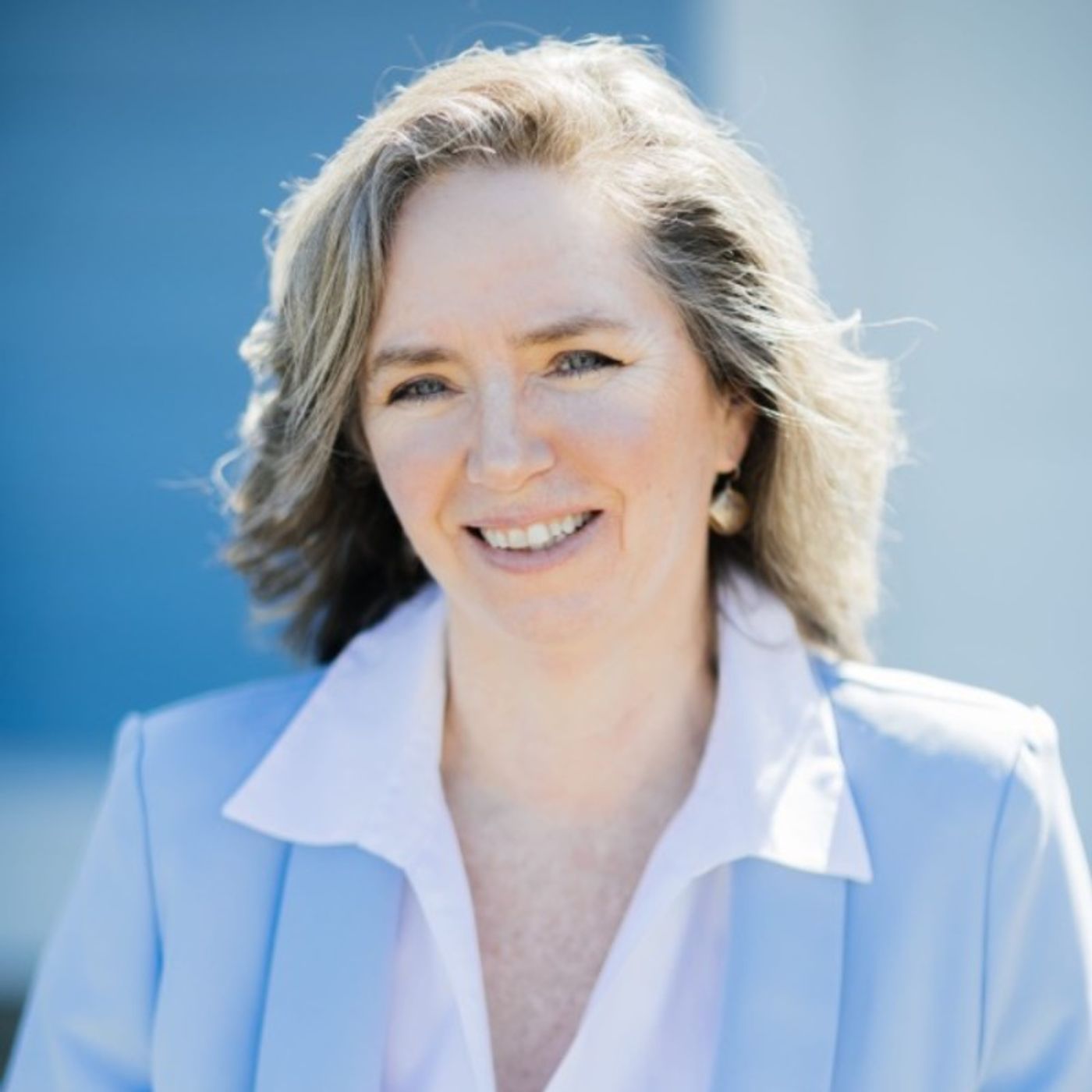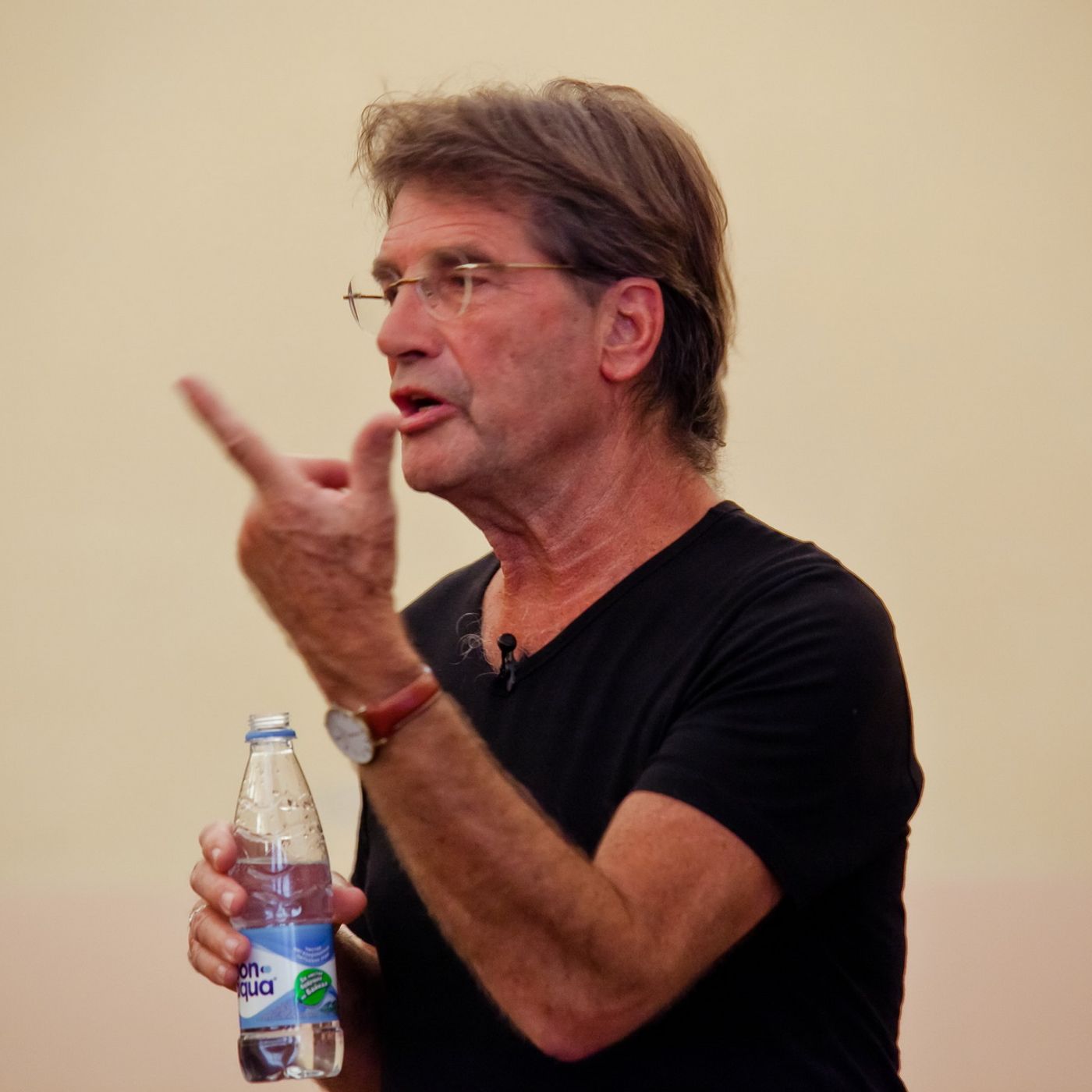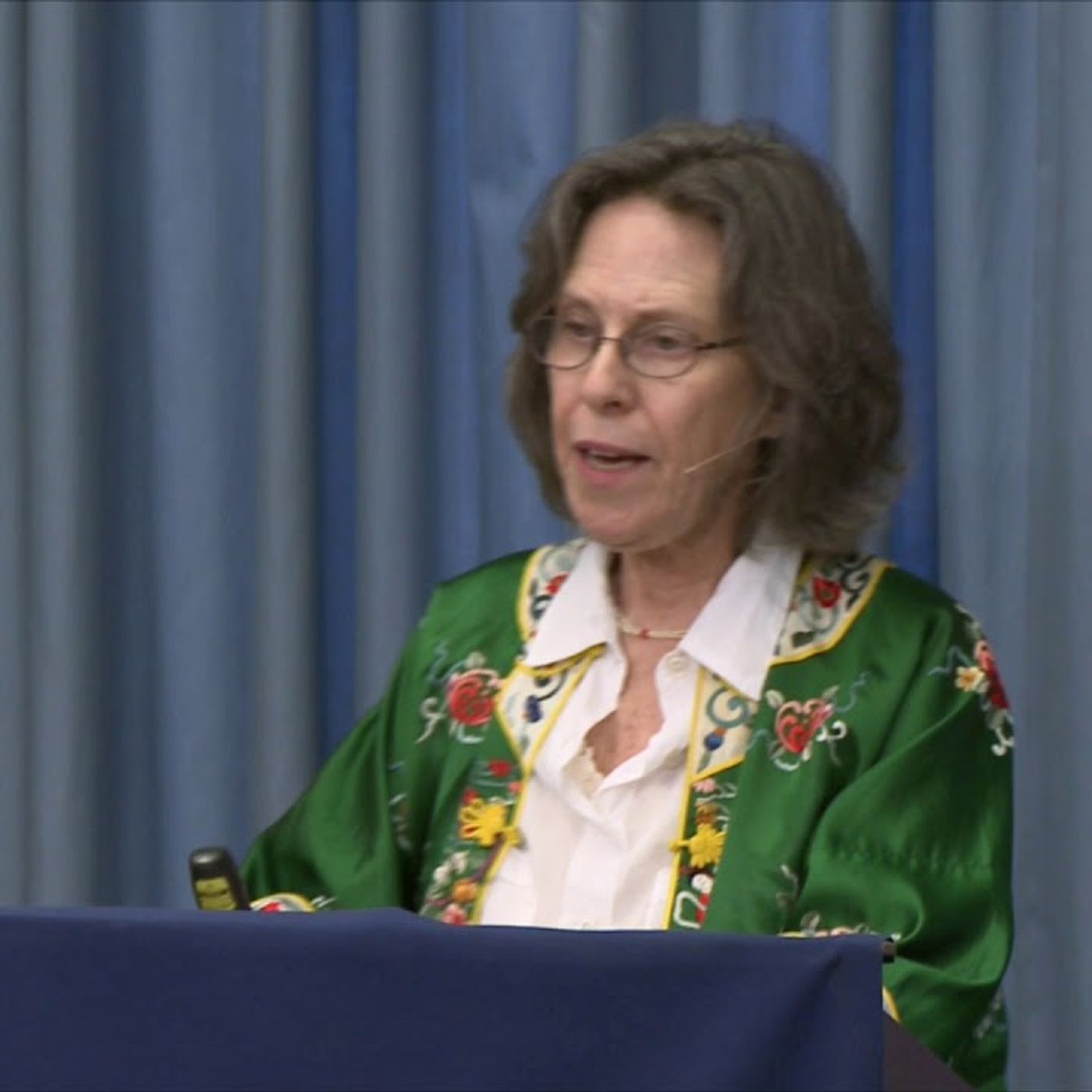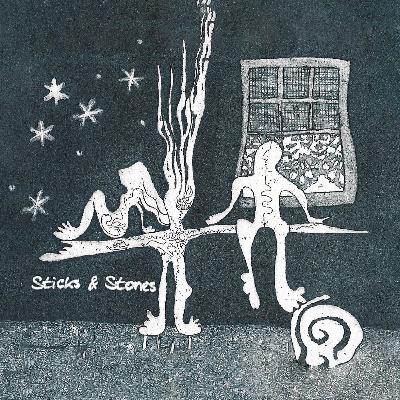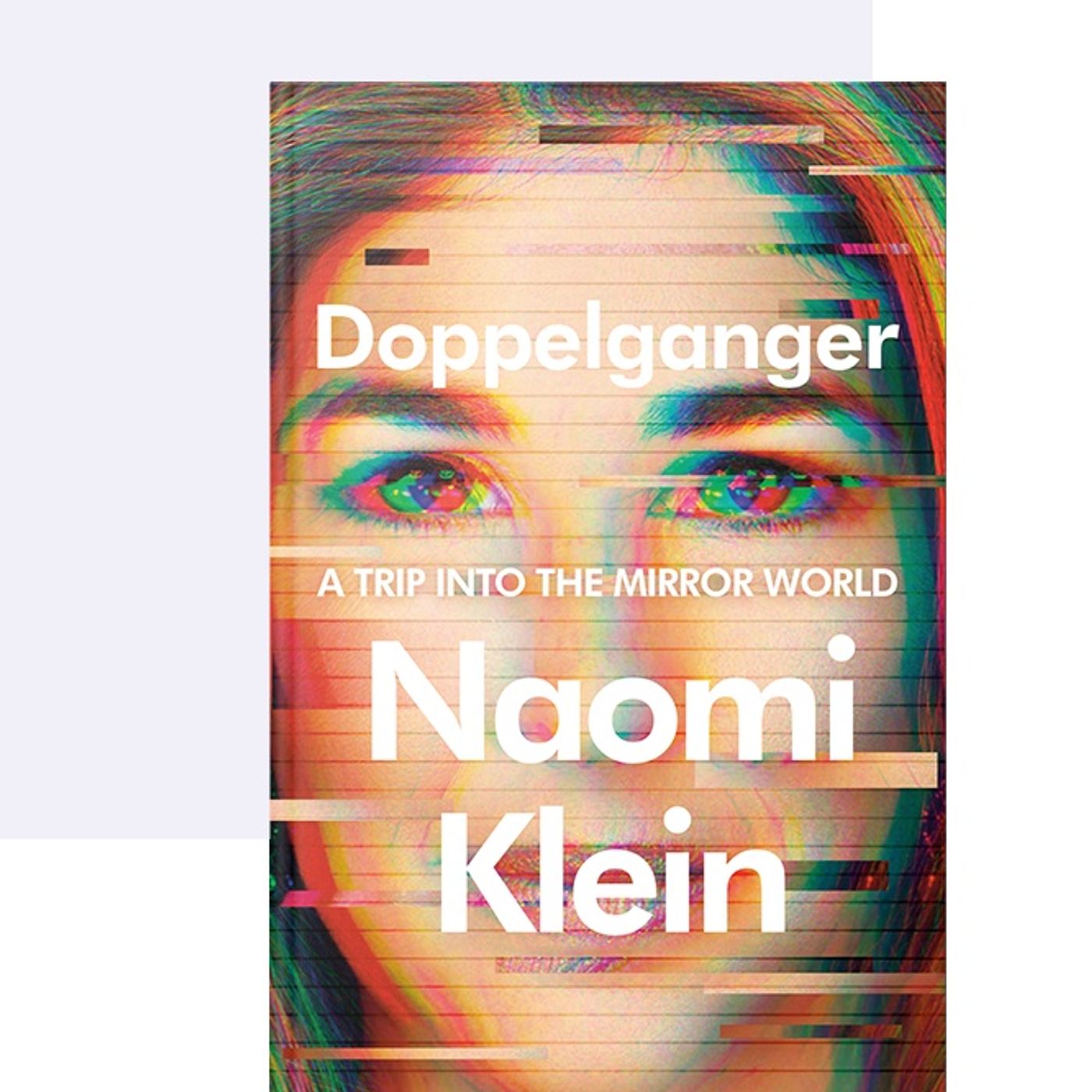Discover Sticks & Stones - Roots & Bones: Exploring the Power of Words in a Polarized World
Sticks & Stones - Roots & Bones: Exploring the Power of Words in a Polarized World

Sticks & Stones - Roots & Bones: Exploring the Power of Words in a Polarized World
Author: Don Shafer
Subscribed: 3Played: 9Subscribe
Share
© Copyright Don Shafer
Description
Sticks & Stones, Roots & Bones is the name of this podcast series and part of my Ph.D. dissertation work at the University of British Columbia. I explore the power of words in a polarized world by looking at the psychological, cultural, and emotional components of these conversational ecosystems to gain insight and improve on existing knowledge of how we engage with each other. I invite activists, academics, and change-makers around the world to join us and share how they engage in difficult conversations.
17 Episodes
Reverse
Two years ago, I underwent open-heart surgery at St. Paul’s Hospital in Vancouver. What stayed with me, beyond the procedure itself, was the extraordinary level of care I received—from the cardiac team, nurses, and support staff. It felt deeply human, attentive, and intentional. When I later circled back to thank them, many of those I spoke with credited their approach to the teachings of Jean Watson.I was curious who this person was, shaping how care is felt in a clinical setting. Jean is a nurse, scholar, and founder of the Watson Caring Science Institute. Her work has transformed how we think about healing—not just as a physical process, but as something deeply relational and grounded in compassion. So, I reached out to her. I wanted to understand more about what it means to truly care, and what lessons her work might offer not just to those in healthcare, but to all of us, especially in these divided and uncertain times.
In this episode of Sticks & Stones, Roots & Bones, we sit down with Liz Stewart, a Defend Our Homes organizer with Neighbours United in British Columbia. Liz shares how deep canvassing, a powerful tool rooted in empathy and storytelling, is helping bridge divides in forestry towns where proposed biodiversity legislation is sparking debate.With curiosity and care, Liz opens up about what it means to meet people where they’re, the emotional weight of conversations across difference, and the quiet power of asking why. From growing up in resource-rich Manitoba to confronting her own assumptions, Liz’s journey reveals how vulnerability and respect can shift hearts and minds, one door and one conversation at a time. This isn’t just a conversation about forests. It’s a conversation about how we talk to each other and what’s possible when we truly listen.
This is one of my favorite conversations with David Whyte, renowned poet, philosopher, and speaker. It was one of my greatest on air learning moments as we dove into the transformative power of dialogue—from how vulnerability and authenticity can redefine our personal narratives to the role of creative thinking in sparking growth and connection. I had to get rid of my notes and hang on! Whether you’re seeking inspiration for personal transformation or looking to enrich your professional relationships, this conversation offers valuable insights and practical takeaways. And he is a wonderful story teller.
Ian Williams is a poet, novelist, and essayist whose work explores themes of race, identity, and social complexity. Born in Trinidad and raised in Canada, Williams has developed a distinctive voice that combines lyrical sensitivity with sharp cultural insight. His debut novel, Reproduction, won the 2019 Giller Prize and was celebrated for its inventive structure and moving exploration of familial bonds across race and class. I was particularly looking forward to our discussion to talk about his work, his latest book and his PhD research which focused on the nuanced dimensions of tone and voice in print, examining how people’s identities and intentions are subtly encoded in their written words, particularly through everyday typing and texting. We talked about the transformative power of open, authentic conversations in fostering trust and understanding amid societal polarization. I hope you can join us.
barbara findlay is an old white cisgender queer lawyer with disabilities who was raised working-class and christian on the prairies. In this episode, we explore barbara's extensive career and contributions to social justice, her involvement in fighting against oppression, and her continuous advocacy work. The conversation touches on significant topics such as the challenges of navigating difficult conversations, the current wave of transphobia, and the profound impact of language on perception and interaction. barbara shares her experiences and strategies in dealing with these issues, offering valuable insights into the complexities of social justice advocacy.
Corey Nathan is the Executive Producer and Host of the Talkin Politics & Religion Without Killing Each Other podcast. In this podcast, we discuss the importance of words and conversations in various aspects of life.Corey Nathan shares his background as a stockbroker and theatre conservatory student, as well as his experiences as an entrepreneur and podcast producer. We emphasize the need to build bridges and have meaningful conversations with people who have different beliefs and perspectives. The conversation delves into the topics of cancel culture and identity politics, with Corey Nathan highlighting the problem of forming judgments based on limited information. They discuss the academic and sociological work being done to understand these phenomena and encourage a more intelligent and inclusive approach. Note: Corey quotes his grandfather and mentions horses behind.
Nick Enfield is a Professor of Linguistics at the University of Sydney and a co-director of the Sydney Centre for Language Research. His recent books include Language vs. Reality, Consequences of Language, and How We Talk. In this podcast, we discuss the importance of language. Nick emphasizes the need to understand language in its broader context, including its cultural and societal implications. He challenges the idea that language is simply a tool for describing reality, arguing that it is a choice individuals make to frame their experiences and perspectives. Enfield also highlights the role of language in shaping our understanding of the world and the importance of recognizing linguistic diversity.
Held is a partnership of facilitators, culture creators, and practitioners building a world liberated from oppressive systems, dynamics, and relationships. In this episode, one of their founders, Vanessa Faloye explains how with the help of co-founders, Alex and Pria, how they hold people, organizations and movements to build relational skills and cultural practices rooted in collective liberation. Our conversation highlights the need for improved communication and understanding about important social issues. It emphasizes the importance of self-reflection, challenging oppressive systems, and creating spaces for dialogue and growth. The work of the Held Collective aims to foster collective liberation and create a world where everyone can experience freedom, safety, and dignity.
Naomi Oreskes is a Professor of the History of Science and the author or co-author of 9 books, 150 articles, essays and opinion pieces. In this episode, we talk about the latest book that she worked on with Eric Conway, The Big Myth: How American Business Taught Us to Loathe Government and Love the Free Market. If you want to know why we are so polarized and have so many differing beliefs you shouldn't miss this episode and I think you'll love the book.
In this episode of Sticks & Stones, Jason talks about the interconnectedness of environmental history, capitalism, and social theory in our current social dynamic. He highlights the urgency of the planetary crisis, including climate change, biodiversity loss, and inequality. We discuss the impact of ideologies on various global issues, such as gender, race, religion, and culture. Moore explains that capitalist ideologies instrumentalize the world and perpetuate a binary mode of thought. The conversation touches on the role of technology, capitalism, and power in shaping the current state of the world. We discuss the relationship between capitalism, climate crisis, and imperialism. Moore argues that the origins of the climate crisis can be traced back to the crisis of feudalism during the Little Ice Age, which led to the invasion and conquest of the Americas. He emphasizes the militarized and coercive nature of capitalist rule and the need for climate justice movements to challenge the capitalist mode of thought.
Tzeporah Berman, an environmental activist and campaigner, talks about her work at Stand.earth and her role in campaigns to stop fracking, protect forests, and clean up the fashion industry. She emphasizes the need to replace fossil fuels and prevent their overproduction, as they contribute to climate change. Berman reflects on her journey as an activist and the challenges of finding common ground with different stakeholders.Our conversation explores the importance of understanding different perspectives and managing emotions during challenging dialogues. Tzeporah shares her approach of finding common ground and understanding the lived experiences of others. Our discussion also addresses issues of inclusivity, systemic biases, and the need for individuals to actively engage in unlearning and understanding complex issues to drive positive social change.
Bob Joseph has spent more than twenty years training corporations and government organizations to work effectively and respectfully with Indigenous communities through his business, Indigenous Corporate Training. He has been an associate professor at Royal Roads University and a guest lecturer at other academic institutions. He is the author of the Canadian best-seller 21 Things You May Not Know About the Indian Act and Indigenous Relations: Insights, Tims & Suggestions. In this episode, we talk about the pathway to Reconciliation, and Bob provides his own personal insight into how to navigate difficult conversations.Please have a look at our show notes with the transcript of this episode for more information.
In this episode, we catch up with Jessie Sutherland. Jessie developed Intercultural Strategies and the Belonging Matters framework to provide the knowledge, processes and tools that can bridge the gap between people with lived experience and system influencers in order to create lasting and sustainable personal and community change. We talked about many things, but I'm still thinking about naming the system that we've been born into the habits we have developed and the invitation to change them.
I've started a new series here and I'm calling it Sticks & Stones, Roots & Bones. It's part of my dissertation research project with the University of British Columbia as I explore the power of the words we use in a polarized world with experts who research, and study how to navigate difficult conversations.In this episode, we're joined by Teun van Dijk. Teun is a Dutch linguist who studies language structure, development, and use. He has made significant contributions to discourse analysis, and he is an expert at how language both reflects and constructs the social world. We talk about his earlier work as well as how discourse has been used to manipulate public opinion and reinforce power relationships. we also bump into pre-modernism and populist movements and their impact. The interview concludes with advice on navigating difficult conversations and touches on debates within social movements.Teun was a professor of discourse studies at the University of Amsterdam until 2004 and now teaches at Pompeu Fabra University in Barcelona. He is the Founding Director of the Centre of Discourse Studies.
Connie Zweig is a retired Jungian psychologist and therapist, author, Climate Reality Project Leader, and Citizens Climate Lobbyist. In this episode, we talk about her latest book, Meeting the Shadow on the Spiritual Path: The Dance of Darkness and Light in Our Search for Awakening and how our "shadow" affects the conversations we have.
This is the trailer and introduction to Sticks & Stones, Roots & Bones. A new podcast produced at the conversation lab with a focus on the words we use and the hope that we will learn how to change hearts and minds one conversation at a time.
Naomi Klein is an award-winning journalist, columnist, filmmaker, and author. I had the opportunity to speak with her a few years ago when she wrote No Is Not Enough. While this conversation was a few books ago, when I went back to listen to it I found it eerily relevant as she discusses the political climate and the rise of Trump as a brand. She highlights the dangers of equating wealth with wisdom and the role of billionaires in policymaking. Naomi also discusses the need for an alternative vision and transformative change to address the underlying crises of inequality, climate change, and white supremacy. A suitable and timely addition to this podcast series about the cause and effect of polarization and how the words we use open up or shut down our conversations.


